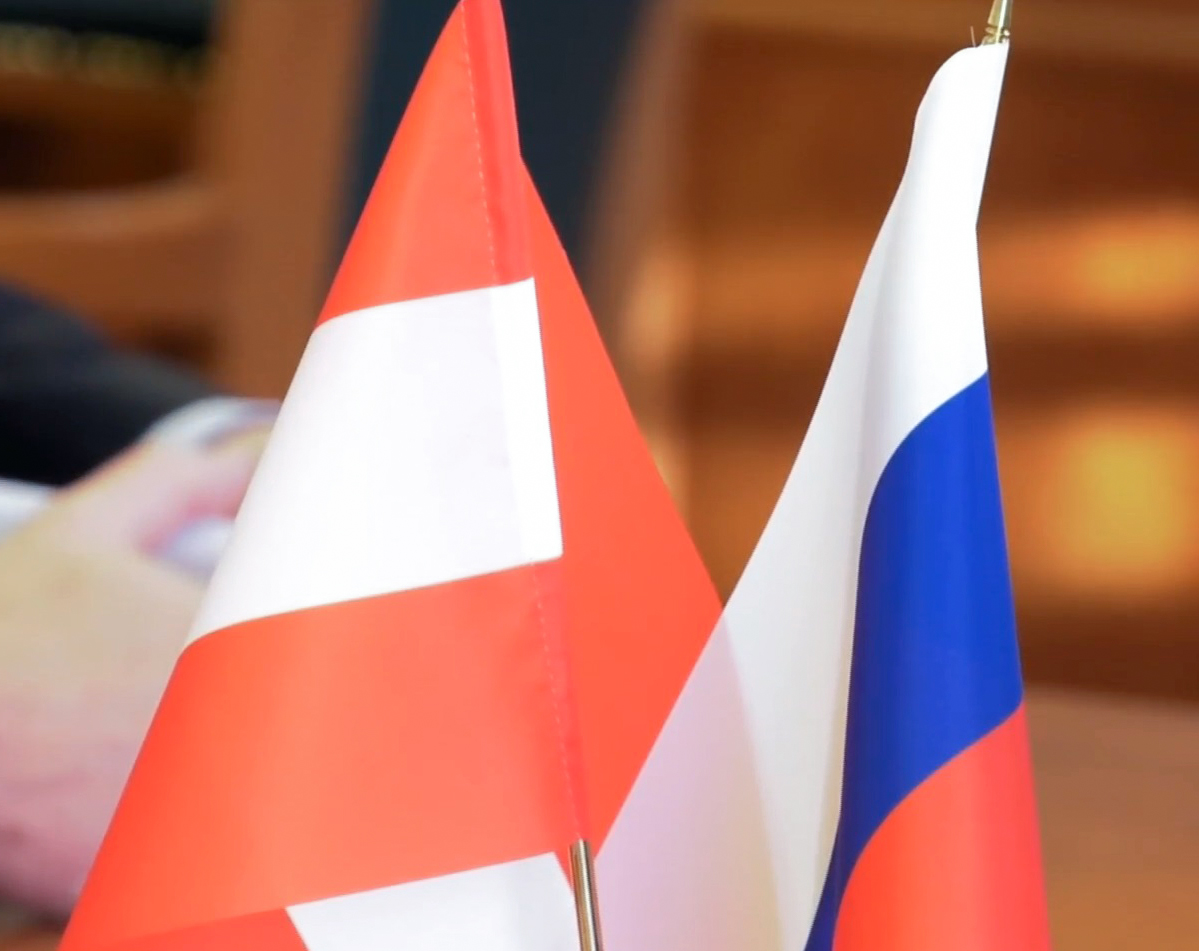
SAIs Russia and Austria discussed Human Resources Management
The participants of the Russian-Austrian webinar on Human Resources Management took a glance at the special role of human capital in the SAIs activities and exchanged effective approaches to motivate, develop and manage personnel.
The Accounts Chamber of the Russian Federation was represented by Timur Makhmutov, Director of the Department for International and Regional Cooperation, and Aleksei Sukhanov, Director of the Human Capital Development Department.
Opening the meeting Timur Makhmutov emphasized that the employees professional and personal development is one of the key priorities of the Accounts Chamber of the Russia Federation.
"We are guided by the employee competence development model in our work. We evaluate on a regular basis the employee’s strengths and review direction forms for their development by drawing up individual plans. Moreover, we create conditions for effective cross-functional interaction of the employees within the Accounts Chamber of the Russian Federation,"
— declared Timur Makhmutov.
Aleksei Sukhanov presented during his speech a set of tools that the Accounts Chamber of the Russian Federation provides for personnel training and development.
“We propose a variety of programs developed to enhance both hard and soft skills of the employees: training webinars, access to the specialized literature – books, articles, e-courses, etc. The priority for us is to improve the professional skills and personal qualities of our employees,”
— highlighted Aleksei Sukhanov.
The Austrian Court of Audit was represented by Silke Steiner, Head of International Relations Department of the Austrian Court of Audit, and Ulrike Katterl, Head of Human Resources Management Department. During the seminar the speakers noted the particular importance of professional qualifications of the employees and functioning of the continuous education and training system within the SAI.
As a result of the seminar participants agreed to lead the next bilateral meeting in order to examine the audit in the sphere of culture as well as the SAIs cooperation with the Regional Audit Institutions (RAIs).



